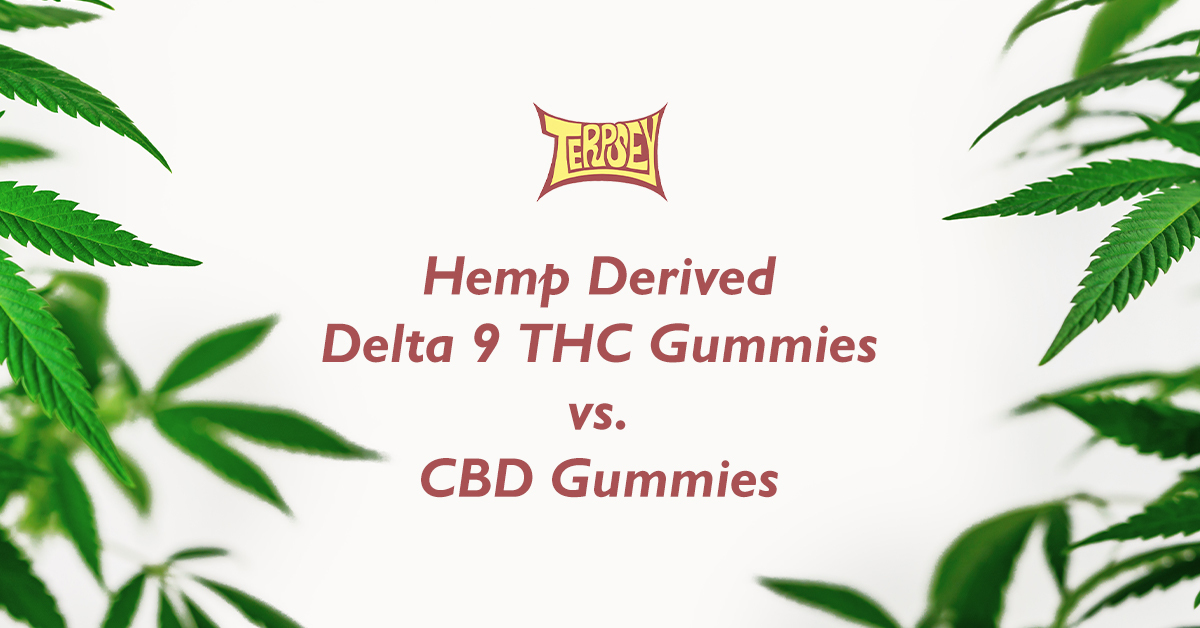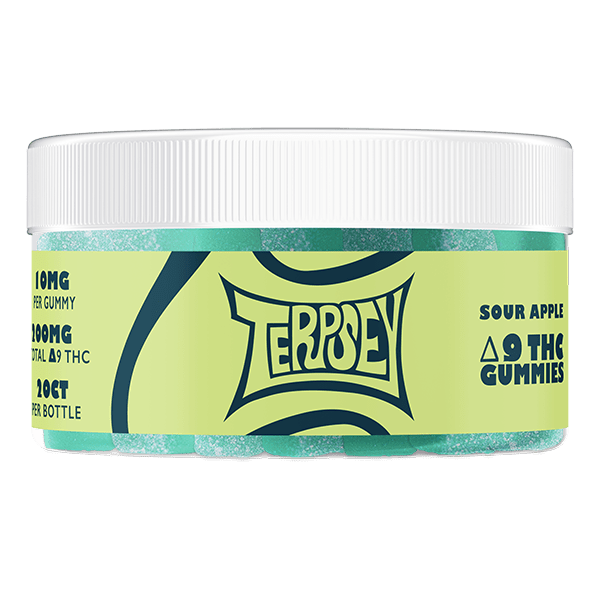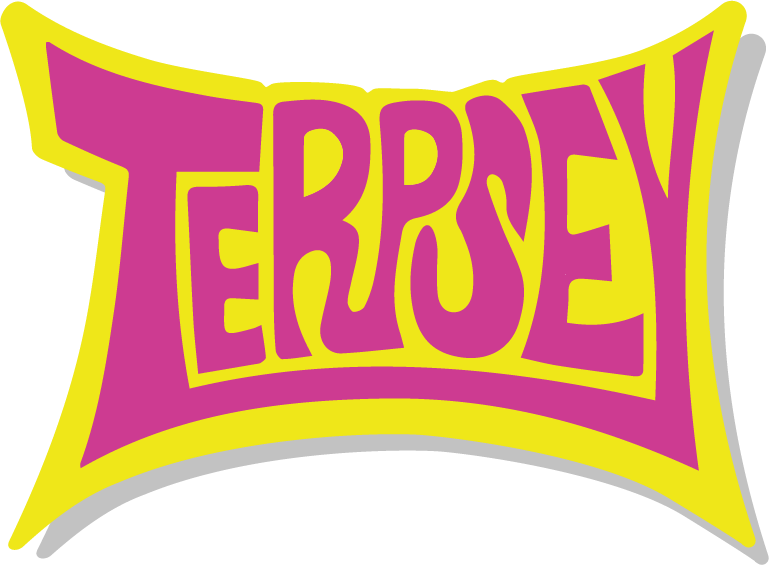
Hemp Derived Delta 9 THC Gummies vs. CBD Gummies
Table of Contents
Hemp and CBD are terms often used interchangeably, giving the impression that they are the same. However, the fact is that their phytochemical profiles and therapeutic potential differ. Even though they belong to the same hemp plant, they produce different effects. Similarly, hemp-derived delta 9 THC gummies vs CBD gummies are two distinctive edible products. Do you want to know the difference between both types of gummies? And do you know their respective therapeutic benefits and uses? If so, here’s everything you need to know about your favorite nutritional candies.
THC Gummies vs CBD Gummies: Origin
Cannabis sativa plants contain more than 113 different chemical compounds, also known as cannabinoids. This plant produces cannabidiol (CBD) and delta-9-tetrahydrocannabinol (THC) as byproducts. With 21 carbon atoms, 30 hydrogen atoms, and two oxygen atoms in their chemical makeup, CBD and THC are both active, potent substances. The differences in effects on your body are due to a slight variation in their atomic configurations. While CBD is non-psychoactive and non-addictive, THC has psychedelic properties.
The human body cannot directly absorb THC and CBD, the highly lipophilic molecules. Manufacturers combine them with other ingredients to make the lipids more soluble and incredible in the body. The formulation of cannabinoids and other substances constitute different delivery methods. The market store sells popular cannabis delivery forms such as edibles, oils, tinctures, topicals, e-cigarettes, and vapes.
Gummies are soft, chewy cannabinoid edibles- available in exciting flavors like strawberry, mango, apple, and blue razz. Products having cannabidiol as an active ingredient are CBD edibles; if THC is the dominant cannabinoid, it is THC-infused gummies. Hemp-derived THC (delta-9 THC) and CBD gummies are available at marketplaces and online stores.
THC Gummies vs. CBD Gummies: Psychoactive Effects
While CBD and THC are therapeutic compounds, both have different euphoric effects. Oral ingestion of these cannabinoids is quite common for medicinal purposes. A 2017 study overviews the pros and cons of tasty THC. In this study, researchers reveal several perceptions regarding THC edibles shared by users:
- Edibles are a safe and discreet way of THC consumption.
- They offer a calmer and more relaxing high than smoking cannabis.
- Compared to smoking cannabis, edibles have fewer harmful toxins and health risks.
THC edibles can help with psychiatric conditions (anxiety) and physical syndrome (spasticity, glaucoma). Though it offers an effective means of attaining therapeutic effects, overdoses are highly aversive. They may cause vomiting, severe sedation, agitation, anxiety, cardiac stress, or cognitive impairment. The amount of delta-9 THC in edibles varies, making it difficult for users to estimate how much to consume. The best way to reap THC-related benefits is to find an optimum dose and strictly stick to it. The euphoric high of THC is safe and well-tolerable if taken wisely.
Meanwhile, a preliminary study illustrates the non-psychotropic feature of CBD. This research shows CBD causes oxidative stress and activates caspase in human glioma cells without intoxication.
THC Gummies vs. CBD Gummies: ECS Functioning

The chemical structure of THC and CBD is similar to endocannabinoids released naturally in the human body. This similarity allows them to connect to your cannabinoid receptors and deliver the same effects as endogenous compounds. They enhance the endocannabinoid system (ECS) functioning and help attain homeostasis. Research links the following bodily processes with ECS, the ubiquitous cell-signaling system.
- Sleep
- Pain
- Immunity
- Skin
- Memory
- Temperature
- Fertility
- Reproduction
- Mood
- Appetite
- Energy
- Stress
According to a 2020 study, phytocannabinoids have significant effects on human physiology. Many nations have now legalized cannabinoid-based medicines, realizing their potential to treat several medical conditions. Medical cannabis, according to research, is beneficial for cancer, autoimmune diseases, chronic pain, acute stress, autism, sleep disorders, epilepsy, or neurological ailments.
THC Gummies vs. CBD Gummies: Medicinal Benefits
Gummies are edibles that metabolize through the digestive tract and liver processing. The effects are apparent after about 60 minutes because of the long delivery route. However, these effects could linger for six to eight hours. Though the impacts of CBD and THC edibles on medical conditions are alike, they have different applications. People typically use CBD to treat the following conditions:
- Seizure disorder (epilepsy)
- Anxiety and depression
- Insomnia
- Migraine
- Irritable bowel syndrome
- Chronic pain
- Skin inflammation
Contrarily, THC is beneficial for the following conditions:
- Nausea and vomiting
- Appetite loss
- Cancer
- Glaucoma
- Fibromyalgia
- Muscle twitching
- Stress and anxiety
Which Is The Best- THC Gummies or CBD Gummies?
Gummies are delicious candies infused with cannabinoid oil, gelatin, fruit pectin, sugar, and flavoring. They come in vivid colors, sizes, shapes, and cannabinoid content.
The primary distinction between CBD and THC edibles is their active ingredients. CBD gummies have cannabidiol obtained from mature hemp plants and other essential substances. Some manufacturers use CBD isolate, while others incorporate multiple cannabinoids. Full spectrum gummy bears, including CBD and THC, could create an entourage effect. Research shows that synergistic compounds enhance overall therapeutic potential by providing the wellness benefit of the whole plant.
On the other hand, THC gummies are hemp-derived edibles with psychoactive substances within federal limits. According to the 2018 farm bill, the THC content of hemp-sourced derivatives should not exceed 0.3%. Low THC traces provide the same benefit as a full spectrum CBD product. The euphoric effects are mild, safe, and tolerable when administered wisely.
When choosing between the two edibles, consider how long their effects will last. An edible high lasts, on average, six to eight hours. Compared to smoking or vaping, oral products tend to last longer. Three hours after consumption, THC edibles raise blood levels to their maximum levels. The effects will likely be at their peak then.
Like with onset, several factors, such as dose and potency, influence how long an edible high lasts. In comparison to the high from oral products, the high from chewed and swallowed goods may last longer. Individual characteristics like metabolism, weight, sex, and tolerance also affect the duration. So, experiment with both types of gummies and see which one makes you feel relieved. Since edibles do not have an immediate effect, you may feel tempted to take more after your first dose. To avoid overdoses, wait at least 24 hours between doses.
Also Read: Why Is Delta 9 THC Used By Yogis?
Bottom Line: THC Gummies vs CBD Gummies
Edible forms of CBD and THC derive from hemp sources but have different effects due to modified formulations. While THC gummies can cause a mild high, CBD edibles from reputable brands have no mind-altering components. Whether you choose THC or CBD edibles, always talk to your doctor before incorporating them into your daily regimen. The professional will advise you on how much to consume in one serving.
The strategy to consume any cannabinoid is to start low. You should monitor the effects and gradually increase the amount according to the outcome. Once you feel content and relieved with a specific dose, you can take it regularly. However, note that side effects, such as dependency, may become more likely at doses of 20 to 30 mg per day or higher. So, act wisely and avoid overdoses to enjoy the most out of CBD or THC gummies.
Interesting Reads:
